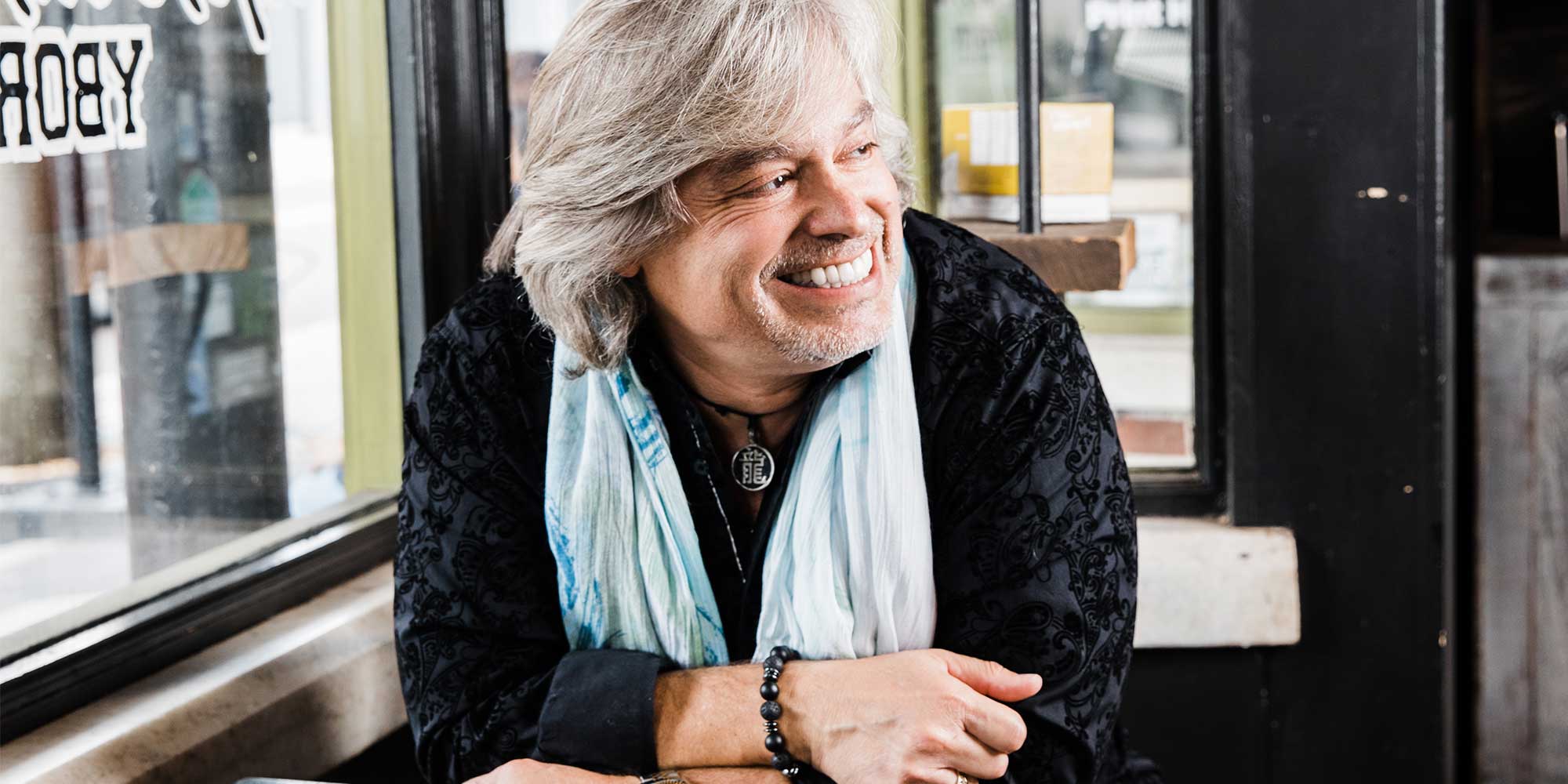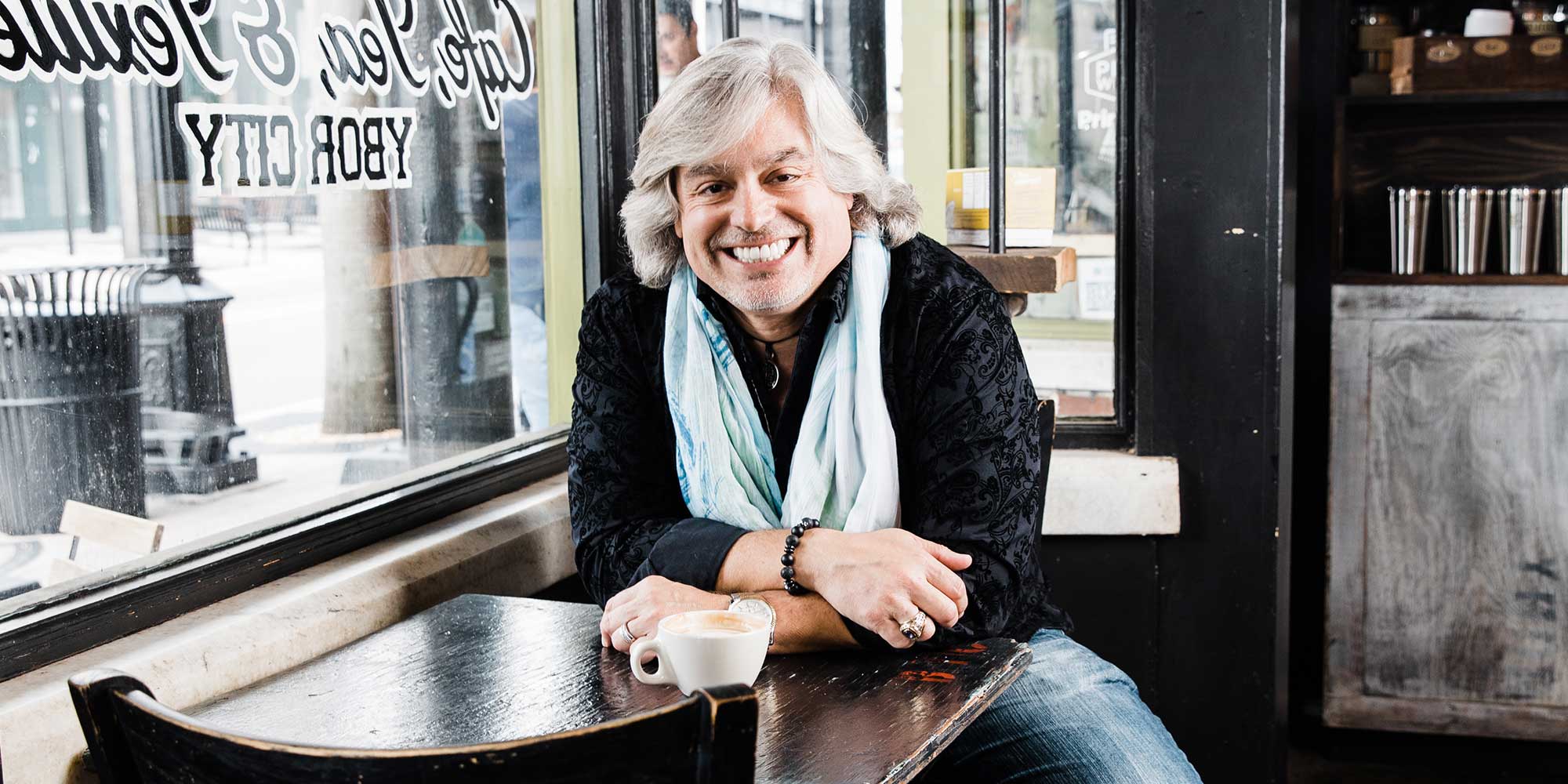I COME FROM AN IMMIGRANT FAMILY, a blue collar family. My parents were both immigrants from Cuba, right before the Communist Revolution was gearing up, so things were getting bad. I was born in Paterson, New Jersey, which is a pretty tough town in New Jersey, and I was raised there through my formative years. I went to public school there, kindergarten through 8th grade. I started high school there and then we moved to Miami. [Then] I lived in Miami 27 years. I got my bachelor’s and my master’s degree from the University of Miami.
THE ONLY THING I KNEW ABOUT TAMPA was Busch Gardens. I actually thought the area around Busch Gardens was Tampa. I’d been living in Miami for 27 years, and to people in Miami, Miami is the center of the universe. But I knew that I needed a change.
PAM IORIO HAD JUST BECOME MAYOR, and she was restructuring city government. She wanted an administrator completely focused on the neighborhoods and those departments that served them. I worked as the director of parks and rec for the mayor of Miami when she recruited me to come to Tampa and work for her. That was a big learning experience.
MAYOR BUCKHORN KEPT ME ON AS THE CHIEF OF STAFF, and when we had some staff members leave, I kind of became the interim everything. I was interim public works administrator. I was interim parks and rec director while I was chief of staff. I ran the convention center at one point in time. [I] worked very closely with tourism when I was running the convention center and running point on the big events, so it was pretty much a natural transition over to this job about eight years ago now.
IN THIS JOB, YOU HAVE TO BE GOOD AT MARKETING, SELLING AND BEING POLITICALLY ASTUTE. I think a lot of those things go together. You’ve got to be a great salesperson. You’ve got to be creative. You’ve got to be able to market, and you have to swim and navigate the political waters. A lot of what we do interacts with government, so I think those three are critically important. On top of that, all the leadership skills that you can possibly think of. You’re not only dealing internally with your team, you’re dealing externally with stakeholders, be they hotels or restaurants or attractions or events producers or big conventions, big groups. You really have a number of facets and ways to interact. You have to be able to pivot and be able to interact with lots of different stakeholders.
I’VE ALWAYS BEEN ONE OF THE FOLKS THAT WANTS TO AFFECT A BIGGER PICTURE. When I was in the classroom, that wasn’t enough. Thirty kids wasn’t enough, I wanted to impact an entire school. I wanted to become a principal, so I was a principal and I ran a middle school. Then I ran a high school. Then the opportunity came to affect all the people in Miami who loved to go to the parks and to enjoy recreation, so that was a bigger picture. Then when I came to Tampa it was about this greater impact on all the neighborhoods in Tampa. This one is really the pinnacle, the top, because so much of what we do affects so many things. If we’re driving tourists here or conventions or groups and people are coming here, they’re spending money here. When they spend money here, that creates jobs for all our neighbors, and they’re able to afford things for their families, and more hotels get built. They pay property taxes and they pay taxes to the local government. The attractions add rides and features, and more restaurants open up, and retail does well. So really what we do affects so many different things, and so I think that’s the most satisfying part — watching the connection of what we do impact so many other things in a positive way.
I LOVE NO PLACE BETTER THAN TAMPA, WHICH IS CRAZY. When I travel, I can’t wait to come back home. I’m enjoying the place, but I miss Tampa. There’s something about Tampa, whether it’s the people or the familiarity, or the fact that it’s a big city but it feels like it’s your city.
MY WIFE IS A BIG FOODIE, so we’re always finding “The Restaurant” — the restaurant that represents the people and the culture, the feel of a city. That’s a must-do. We love going to museums. We love going to attractions. We like finding what’s going on in that city that we can experience. Whether it’s an art museum or a science museum or a zoo. I can’t tell you how many zoos we’ve gone to around the world. All of those things make that place special. If they have a big park where people love to go and recreate, we’ll check it out. If it’s possible to take a tour, we’ll take a tour. But it’s really getting to say you went somewhere and understood the place. Not that you went to the place, hid in your hotel for three days and went home. You got out, you walked around, and you experienced the city, the culture and the people. I think that’s really important.
THERE ARE TWO PLACES ON MY BUCKET LIST THAT I HAVE TO VISIT SOME DAY. One is Rome and the other is Madrid. Rome and Madrid are ones I’d love to see one day, and I have not been.
WHEN WE LANDED the International Indian Film Awards, the Bollywood awards, we went to India to pitch the awards [to potential visitors]. We wanted people to travel to Tampa to come see the award show. I remember setting up a booth, and we were there talking about what a great destination it was. Somebody asked me, innocently, where in Miami is Tampa? That kind of lit the bulb in my head that we really needed to get out there and develop a reputation and personality.
FOR ME, I THINK IT’S NOT ABOUT THE ACCOLADES I GET. It’s when you make an impact that affects a lot of people. [Tampa being designated] a high-impact tourism destination, with all the money that was coming into our hotels and new hotels being built and renovated and new jobs, that’s a bigger impact than being named something. I think that’s where you have to have your bigger wins: when more people are being affected in a positive way because of something you’ve tried to do.

I WAS A MUSICIAN. I played a number of brass instruments while I was growing up: trumpet, mellophone, baritone. I was in the University of Miami band when we won our first [football] national championship against Nebraska. I actually played a solo in the halftime show.
THE OLDER YOU GET, you have to listen to music that reminds you of things or sparks memories. Growing up in the ‘70s, it’s ‘70s music. Whatever it is, whether it’s ‘70s rock or ‘70s disco, the music I grew up with. There used to be this big fight in high school over whether you were a rock or disco person, but I like both.
I DO HAVE ONE HOBBY, AND THAT’S collecting rock and roll memorabilia. And only one type — the group KISS. It is a humongous collection. I have pinball machines, casino slot machines, vinyls, cassettes, 8-tracks, comic books, toys, clothing, wall hangings, busts, lamps, clocks… It just goes on and on. Once upon a time I had four rooms full [of memorabilia], and now I only have one big room that is completely KISS. All of my closets are full of the stuff I can’t put out. There was a pinball machine that was released in the ‘70s. I’d been wanting it forever. I found one in Illinois, almost in Wisconsin. I bought it on eBay, and my wife and I rented a cargo van. My wife drove the cargo van to almost Wisconsin. Between the two of us we loaded it into the cargo van, which was not easy, drove it all the way down to Tampa, and then hauled it up to the second story where my museum is. I would say that [piece] has the biggest amount of hardship and sacrifice attached to it.
WHEN WE WENT INTO THIS GLOBAL SHUTDOWN and people could not travel or experience or explore or have adventures, we lost so much. Not just in terms of the dollars and the economy, but in the experiences. The amazing events we were going to have here that were going to bring people to experience Tampa, and they lost that opportunity. Our ability to just jump on an airplane and go wherever we want in the world or throughout the country became limited. You almost feel like there’s something missing.
I HAVE A LOT OF HOPE only because it’s a very resilient industry. The people in tourism are amazing. They’re generous. They’re good people. Just by the nature of it — hospitality — they’re accommodating. They’re fighters, so they come back. Whether it’s after a hurricane or an oil spill, or whether it’s a recession or red tide, it comes back.
IT’S BEEN A VERY, VERY DIFFICULT TIME FOR US. We’ve lost employees that we considered extended family. We’ve dealt with the pain and suffering of our colleagues, our stakeholders that are part of the larger tourism picture. It’s hotels and restaurants and retail and attractions and event planners and event makers and event producers — all the many things that tourism is. I’m so proud of our team. The team that has remained, how hard they’ve worked. We’ve never stopped working, which is the interesting thing. Whether it’s been virtually or part in the office, part not in the office, the team has never stopped working. The team has never stopped trying to land new conventions, land new groups, and market.
IT’S CUTE TO COME UP WITH LINES LIKE, “WE’RE ALL IN IT TOGETHER.” We might all be in it together, but some people are on a yacht. Some people are in a rowboat. Some people are on a paddleboard. Some people are on a water bike. Some people are swimming, and some people are drowning. We might all be in it together, but there are different levels of together. I think that’s important for us to be mindful of. Some people are doing better in this situation than others. I think it’s important for us to be sensitive to that.
I LOVE MY WIFE TO DEATH. I LOVE MY KIDS. We have a 27-year-old, one who will be 25 and one who will be 22. They’re all fantastic. They’ve all graduated from universities, one is about to. They all have jobs. They’re all productive. They’re all good people. I think what you learn at home is so important. Even as parents, you have to do a good job. You have to try to do a good job. I’m not one of those people who thinks every day is rainbows and unicorns and lollipops. It’s not. But how you handle those [bad] days, your kids are watching. You have a responsibility to your work and your career, but you have a responsibility to your family, too. The people who get it right understand that.



